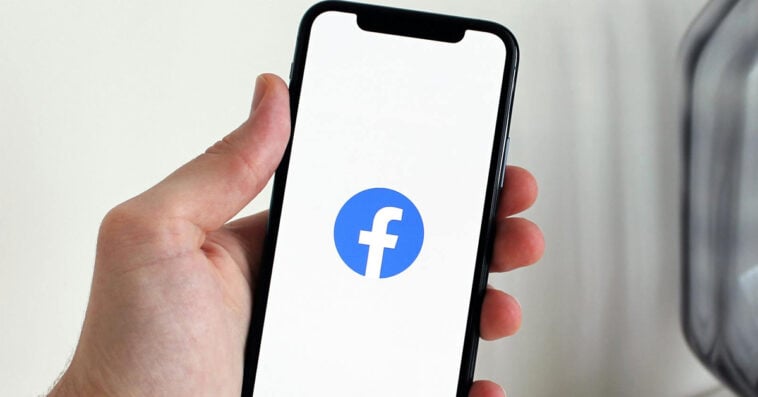Imagine logging into Facebook and finding… nothing. No friends. No photos. No messages. Just a cold notification: your account has been deleted. It’s not a glitch—it’s part of Meta’s sweeping crackdown on what it calls “inauthentic” activity. Millions of accounts have already vanished in a massive digital purge, and the deletions aren’t done yet. Now the unsettling question looms: Is your account next?
Facebook Targets Fake Accounts in Major Cleanup
Since the beginning of the year, Facebook has wiped out nearly 10 million user accounts—and the purge isn’t slowing down. According to Forbes, the platform confirmed it’s targeting accounts that impersonate popular content creators, as part of a broader effort to clean up fake profiles. On top of that, another 500,000 accounts were flagged and removed for suspicious activity, including spam and fake engagement.
Meta, Facebook’s parent company, says the crackdown will continue, reinforcing its commitment to making Facebook a space where authentic voices shine and real creators get the credit they deserve.
What If Your Facebook Account Was Wrongly Deleted?
If your Facebook account suddenly vanished, you’re not alone. While Meta states its recent purges are targeting spam and inauthentic profiles, some users are reporting that their legitimate accounts have been swept up in the deletions by mistake.
Though it’s unsettling, there’s a process in place if you believe your profile was unfairly removed. Facebook typically alerts users whose accounts have been suspended with an email notification. This email is your first clue and critical for the next step.
If you suspect an error, you have a limited window to act: users can appeal the suspension within 180 days of receiving the notification. It’s crucial to act quickly, as once this period expires, the account will be permanently disabled, making recovery impossible.
However, be aware that not all deletions come with a warning. Facebook reserves the right to permanently disable accounts without prior notice in “cases of severe or time-sensitive violations.” This means that for certain egregious breaches of policy, your account could disappear instantly, with no opportunity for a preemptive appeal.
Facebook is Shifting Its Approach to Misinformation
Even as Meta intensifies its crackdown on deceptive accounts to champion authentic content, the company has also fundamentally reshaped how it addresses content integrity itself. The era of third-party fact-checking on Facebook, Instagram, and Threads in the United States officially concluded on January 7, 2025. This significant shift, however, does not initially extend to the hundreds of fact-checking partners Meta maintains in over 115 other countries globally.
Meta’s decision to discontinue its U.S. fact-checking program was framed as a strategic move toward “more speech and fewer mistakes,” aiming to prioritize “free expression.” Key figures within Meta, including CEO Mark Zuckerberg and Chief Global Affairs Officer Joel Kaplan, expressed concerns that the previous system, which relied on external experts, sometimes led to politically biased outcomes and was perceived by some as a tool for censorship. Zuckerberg also suggested the outcome of the 2024 U.S. presidential election signaled a cultural tipping point towards, once again, prioritizing speech, implying a desire to simplify moderation policies and reduce enforcement mistakes that could inadvertently remove innocent posts or accounts. Critics, however, view this change as a strategic alignment with a more conservative political landscape.
In place of independent fact-checkers, Meta is now embracing a “Community Notes” model, a system reminiscent of the one employed by X (formerly Twitter). Under this new approach, Meta aims to empower users from diverse perspectives to add contextual information to potentially misleading posts. The success of Community Notes hinges on achieving agreement among individuals holding differing viewpoints to ensure unbiased context. Crucially, Meta has stated it will not be directly involved in writing these notes or determining their visibility. Furthermore, the previous, more obtrusive full-screen warnings for fact-checked content will be replaced by much less obtrusive labels, and content flagged by Community Notes will no longer face demotion in the U.S. This phased rollout, beginning in the U.S. and set for refinement throughout 2025, marks a significant philosophical shift in how Meta addresses misinformation, though it has sparked debate regarding its potential effectiveness compared to the previous system.

